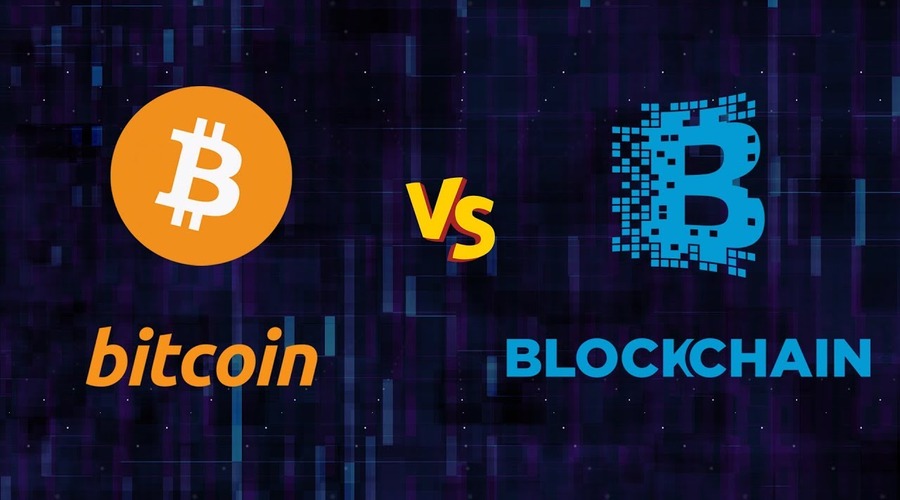Cryptocurrencies are rapidly becoming an increasingly popular alternative to traditional forms of currency. Two of the most well-known terms in the world of cryptocurrency are blockchain and bitcoin. However, many people are not aware of the differences between the two. This article aims to provide a comprehensive overview of blockchain vs bitcoin. Blockchain and bitcoin are often used interchangeably, but they are not the same thing. Blockchain is a technology that powers bitcoin, which is a type of cryptocurrency. Bitcoin is just one application of blockchain technology.
What is Blockchain?
Blockchain is a decentralized digital ledger technology that allows for secure and transparent peer-to-peer transactions. It is essentially a database that is distributed across a network of computers. Each block in the blockchain contains a record of transactions and is connected to the previous block, forming a chain of blocks, hence the name “blockchain”.
How Does Blockchain Work?
In a blockchain network, transactions are verified and added to the blockchain through a process called “mining”. Miners compete to solve complex mathematical equations and the first one to solve the equation is rewarded with newly minted cryptocurrency. Once the transaction is verified, it is added to the blockchain and cannot be altered or deleted.
Advantages of Blockchain
The decentralized nature of blockchain makes it extremely secure, as there is no single point of failure or control. Additionally, blockchain transactions are transparent, so it is easy to track the movement of cryptocurrency.
What is Bitcoin?
Bitcoin is a digital currency that was created in 2009. It was the first decentralized cryptocurrency and remains the most well-known. It operates on a blockchain network and is used to facilitate peer-to-peer transactions.
How Does Bitcoin Work?
Bitcoin operates on a decentralized network, which means that there is no central authority controlling it. Transactions are verified through the mining process, which involves solving complex mathematical equations.
Advantages of Bitcoin
Bitcoin is fast, secure, and has lower transaction fees than traditional payment methods. It is also a great way to store value, as it is not subject to inflation like traditional currencies.
Blockchain vs Bitcoin: Major Differences
While blockchain and bitcoin are related, there are significant differences between the two. The main differences are:
1. Purpose
Blockchain is a technology that can be used for a wide range of applications, such as supply chain management, voting systems, and identity verification. On the other hand, Bitcoin is a type of cryptocurrency used for peer-to-peer transactions.
2. Technology
Blockchain is a digital ledger technology that allows for secure and transparent peer-to-peer transactions. Bitcoin is an application of blockchain technology.
3. Centralization
Blockchain is decentralized, meaning there is no central authority controlling it. Bitcoin is also decentralized, meaning that it operates on a network of computers without a central authority.
4. Value
Bitcoin has value as a digital currency, whereas blockchain is valuable for its ability to securely store and transfer data.
5. Mining
While both blockchain and bitcoin involve mining, the purpose of mining is different. In blockchain, mining is used to verify transactions and add them to the blockchain. In bitcoin, mining is used to create new bitcoins and verify transactions.
Conclusion
In conclusion, blockchain and bitcoin are often used interchangeably, but they are not the same thing. Blockchain is a technology that powers bitcoin, which is a type of cryptocurrency. While both blockchain and bitcoin have similar features, such as decentralization and transparency, they serve different purposes. Blockchain has a wide range of applications beyond cryptocurrencies, while bitcoin is primarily used for peer-to-peer transactions.
